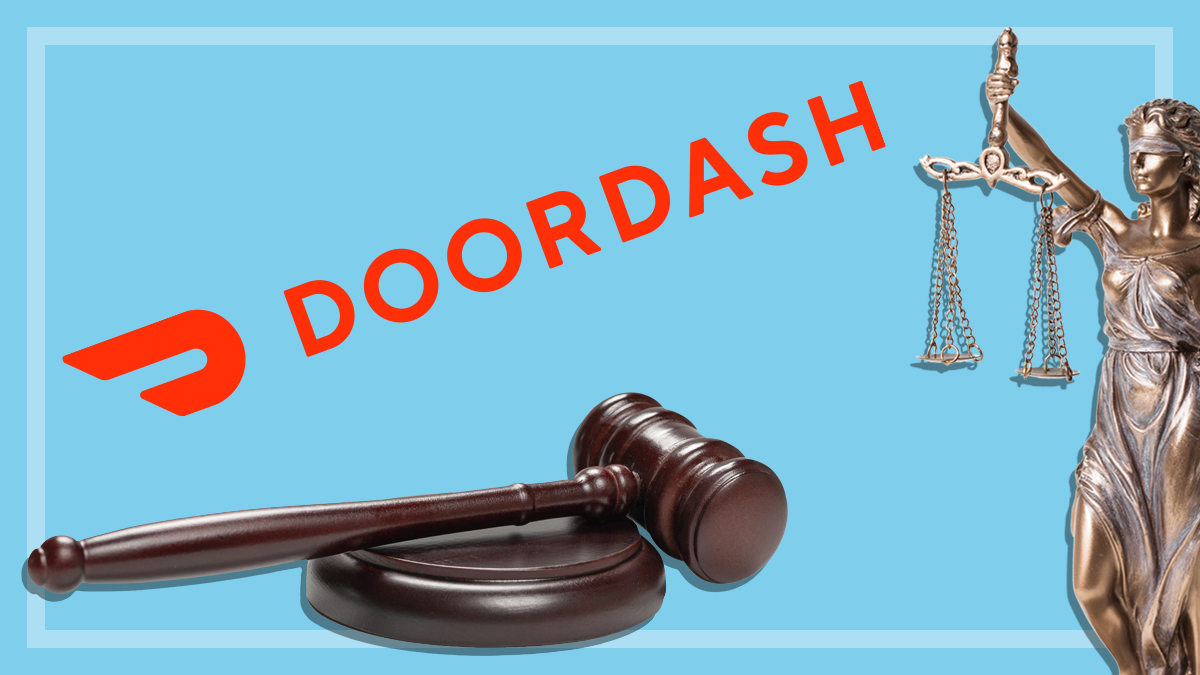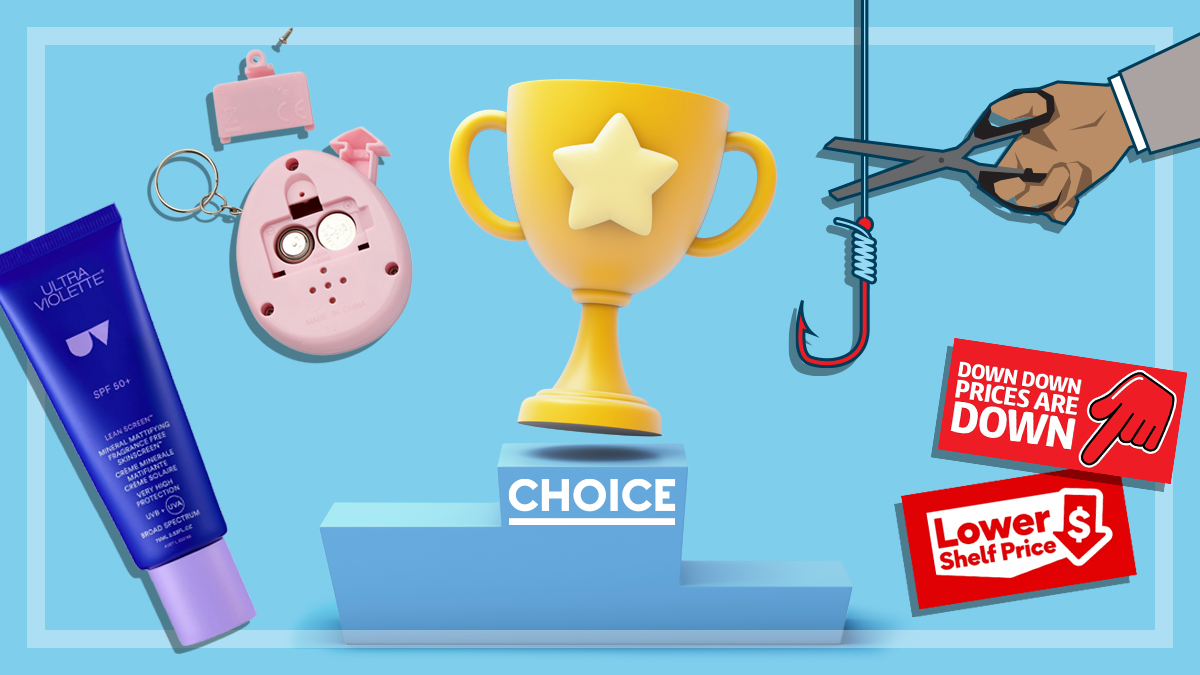Get our independent lab tests, expert reviews and honest advice.
DoorDash T&Cs prevent customers taking class action – is that legal?

Whether it’s buying a big ticket item, going to a venue, or simply downloading an app, consumers are agreeing to terms and conditions in contracts on a daily basis.
But how many of these contracts contain unfair terms, and how would you even tell?
Australia’s consumer and corporate regulators have been given new powers to seek penalties for businesses with unfair contract terms in their T&Cs. And companies who continue to put consumers at a disadvantage may soon be in their crosshairs.
DoorDash’s class action waiver
Unfair contract clauses are common in the marketplace, according to Gerard Brody, chair of the Consumers’ Federation of Australia.
He says there are three elements that determine whether a contract term is unfair under Australian Consumer Law.
“Firstly, is there a significant imbalance in the rights and obligations of the parties? Secondly, is that term necessary to protect the legitimate interests of the party who is advantaged by it? And the third element is whether the clause causes detriment,” says Brody.
Under Australian Consumer Law (ACL), a term of a consumer contract is unfair if it:
- would cause a significant imbalance in the parties’ rights and obligations arising under the contract
- is not reasonably necessary to protect the legitimate interests of the party who would be advantaged by the term; and
- would cause detriment (whether financial or otherwise) to a party if it were to be applied or relied on.
We asked Brody about the food delivery platform DoorDash, which added a new clause to its app’s ‘terms and conditions’ in September that bans consumers from taking class action against the company, and whether this clause could be considered unfair.
A similar clause was recently found “unfair” in the High Court in December, in a case against the owners of the Ruby Princess cruise ship.
Brody says the Ruby Princess case has set a legal precedent that may apply to DoorDash.
“DoorDash’s contract clause certainly smacks of unfairness. It limits the rights of the consumer to band together in a class action to enforce their rights,” he says.
What is a class action?: A class action is a legal proceeding that’s brought by one person on behalf of a group of people. Some businesses attempt to prevent customers from being able to bring or join class action lawsuits against them by including a “class action waiver” in their terms and conditions.
Businesses now face fines for unfair contracts
The consumer watchdog, the Australian Competition and Consumer Commission (ACCC), and the corporate regulator, the Australian Securities and Investments Commission (ASIC), have put businesses on notice about their contract terms.
The two bodies have been given new powers to seek court-imposed penalties and fines for businesses that include “unfair contract terms”. Prior to this change in November 2023, the courts could strike unfair terms from conditions, but there was no penalty to the business.
Brody says now is the time for Australian businesses to review their contract terms to make sure they are not in breach of the ACL.
We need to have laws to … ensure that businesses can’t hide provisions in the fine print that advantage them and not the consumer where it isn’t part of fair contractual bargain
Gerard Brody, Consumers' Federation of Australia
“There is an efficiency from businesses using standard form contracts, and the reality is that consumers can’t individually negotiate them,” he says.
“But because of that, we need to have laws to remedy that imbalance and to ensure that businesses can’t hide provisions in the fine print that advantage them and not the consumer where it isn’t part of fair contractual bargain.”
ACCC deputy chair Mick Keogh agrees that the new penalties should provide an impetus for businesses and their lawyers to act.
“There was previously little motivation for businesses to comply with the law, despite the ACCC’s compliance and enforcement actions,” says Keogh. “We strongly urge businesses to review their contracts now to ensure they comply.”
DoorDash responds
A spokesperson for DoorDash didn’t respond to our questions about why the platform included the class action waiver clause in its updated terms and conditions, but told us the company takes its obligations under Australian Consumer Law seriously.
“DoorDash is aware of the High Court recently overturning the decision of the Full Federal Court in the ‘Ruby Princess Case’ and is considering the implications of the recent judgment on our consumer terms,” the spokesperson says.
DoorDash is aware of the High Court recently overturning the decision of the Full Federal Court in the ‘Ruby Princess Case’ and is considering the implications …
DoorDash spokesperson
Brody says he hopes companies that continue to uphold unfair contract terms will find themselves in the crosshairs of the regulators in the next 12 to 24 months.
“Both the ACCC and ASIC have indicated that now they’ve got these powers, they are wanting to take core action to set that deterrent message and I would expect they do,” he adds.





